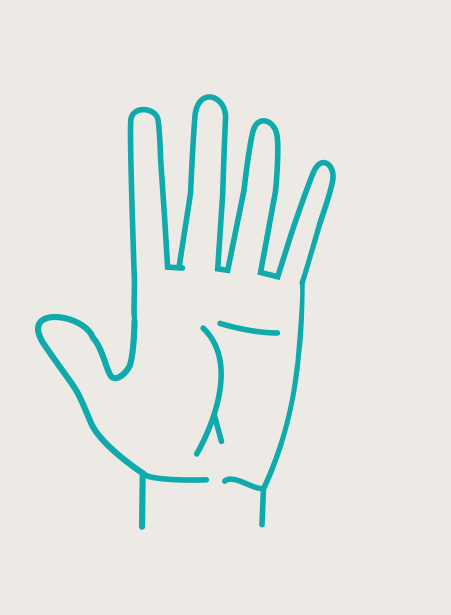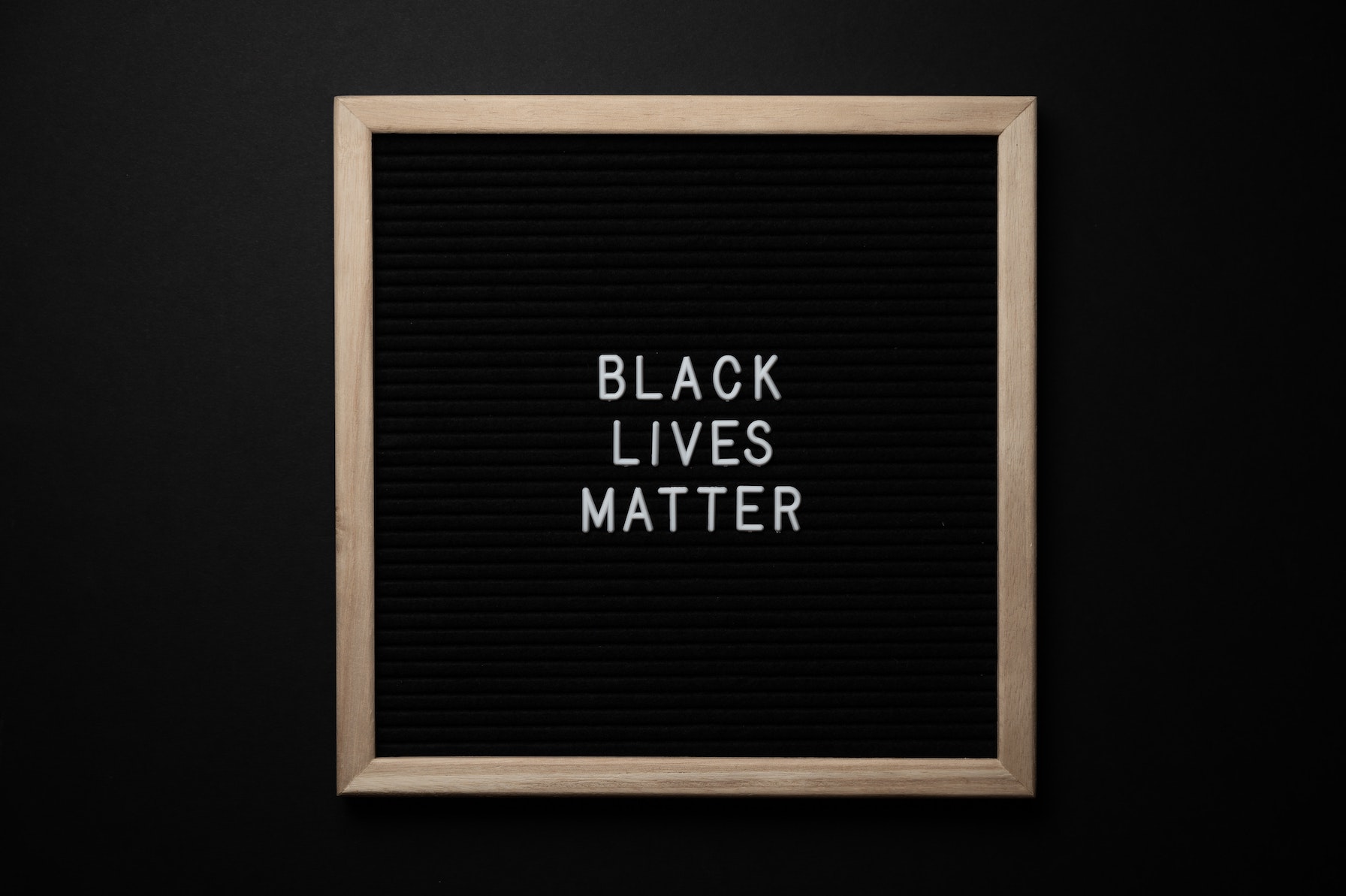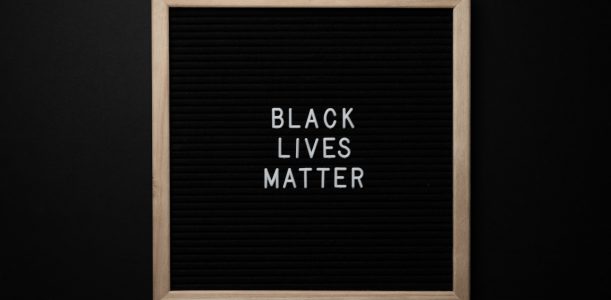DISCLAIMER:
I am writing from the perspective of a white middle-class European, queer, able-bodied, cis woman.
It is a long overdue reckoning with race that is currently taking place globally and across (hopefully) all sectors as a direct consequence not only of the #BlackLivesMatter protest but also as a response to locally embedded and deeply engrained oppressive structures.
A panel this year by leading development practitioners and scholars greatly examined this topic again through the speakers’ radical and urgent contributions while the chair seemed a little confident that progress is taking place.
The panel was titled “How much do Black Lives Matter in global development?” and hosted Althea Rivas, Robtel Neajai Pailey and Kalpana Wilson as panelists, chaired by Claire Heffernan at London International Development Centre.
Here you can view the full hour:
In that panel, Rivas so poignantly highlighted:
Critical scholars have traced the colonial origins of development thought copying its racist tendencies and racialised anxieties onto a post-colonial world yet in development studies and policy circles there is a resounding and loud silence about the entanglements of race, racism and development and common assumptions are often made that development takes place in non-racialised spaces and outside of racialised histories and these silences have obstructed our understanding of the prominence of racialised discourses and practices in dev, the embodied experience of racialisation for aid workers and intersectionality and also for the communities and individuals who are the so-called targets of aid and for those who study development.
Althea Rivas, from 5:05 min
This really sums up the problem at large, the embedded racism all throughout development’s history and as such also in every layer of the work as part of the military industrial aid complex, as Rivas refers to it. Whether in everyday interactions or the underlying structures of the sector as a whole, the problem has manifested over decades, remains strong and should be addressed continuously and vigorously if it is to be challenged. In her response to this issue, Rivas suggests nothing less than to dismantle the structures of this complex per se.
Pailey does not paint a rosier picture of the situation when talking about the white gaze problem of development that only supports notions of white supremacy rather than disrupt those asymmetrical power structures and lead to a more equitable world in- and outside of organisations.
She does propose eight steps to take:
- Mainstreaming race as an anti-racist agenda for development, as a global challenge, not just addressing the so-called global South.
- Radical redistribution.
- Channeling the lion’s share of aid to local organisations.
- Make aid less of a charade, full transparency and sticking to commitments by donors.
- Shift focus from aid to reparations.
- Dismantle systems of unequal remuneration.
- Hiring practices to rupture, not to maintain the status quo.
- Read, acknowledge and reference the work of radical black thinkers.
Both her and her successive panelist Wilson point clearly at the intersection with gender and class privilege in a global patriarchal capitalist world that honours extractivist approaches around knowledge, goods and resources as well as labor without supporting a freedom of movement for the marginalised producing these resources. As Wilson states “Racialised violence is almost always also gendered.” And points also to visual representations of development work.
While they go into a lot more detail in discussing various contexts such as their institutions and the current situation of the development sector in the UK, the context of the caste system in India, concrete ways aid money should be channelled, a critique of the localisation agenda supported since 2016, Pailey’s final question of her talk stuck with me.
“How are we de-centring the white gaze?“
Robtel NeaJai Pailey
I collected a few questions and thoughts I had based on their talk, the work by Rosalind Eyben on reflexive practice, the current protests around the #BLM movement and my own work and interest around intersectionality.
Having recently listened to The Missionary podcast on the scandal surrounding white American missionary Renee Bach in Uganda I was reminded of how impactful these discriminatory practices can be in such a short time for both local communities and participating practitioners who may keep taking learnt racist, classist or sexist behaviour to their next assignment.
Here are the resources that inspired my own collection of thoughts and questions:
I looked at quizzes around privilege that allow the participant to at least scratch on the surface of viewing, acknowledging and better understanding their own positionality. These are mostly targeted at people living in the global North: The Anti-Racist Educator White Privilege Test, White Privilege Pop Quiz: The Test You Can’t Fail by Molly Secours, Check yourself: the White Privilege Test based on the writings of Chimamanda Ngozi Adichie and Peggy McIntosh as well as the more relaxed Privilege Test on Buzzfeed that reached some popularity in the past years.
I read through testimonies on racism in the development sector and the anti-racist struggle by (former) development practitioners and scholars, such as here, here and here.
I took in constructive steps we can take, in addition to the highly valued contributions from the aforementioned panel, e.g.
These recommendations by Kathryn Nwajiaku-Dahou and Carmen Leon-Himmelstine on the Overseas Development Institute website.
1. Educate ourselves about the past 2. Acknowledge our own positionality in the present 3. Look to the future
Or this one:
1. We need to elevate and fund work focusing on diversity and inclusion and accountability to affected people. 2. We need to actively engage in systems change management. 3. We need to engage in equity-driven ethical and disaggregated monitoring and evaluation work. 4. We must let affected people speak for themselves. 5. We need to broaden our understanding of what we consider knowledge and whose expertise we value.
Saman Rejali on the blog on Humanitarian Law & Action: https://blogs.icrc.org/law-and-policy/2020/07/16/race-equity-neo-colonial-legacies-humanitarian/
Similarly a Code of Ethics for Anti-Racist White Allies/Collaborators inspired my thoughts with these guidelines:
1. Acknowledge our racial privilege (in general and in our anti-racism work)
2. Develop/deepen our connections to people and communities of color to help maintain anti-racist accountability
3. Be prepared to alter our approach if and when people of color give feedback or criticism about our methods and practices
4. Develop feedback and accountability structures with other white people too
5. Acknowledge the Black and Brown base of our insights and knowledge when it comes to matters of race and racism.
6. Share access and resources with people of color whenever possible
7. If you get paid for some form of racial justice work, donate or direct a portion of your income to people of color-led organizations working to challenge racial injustice
8. Get involved in a specific, people of color-led struggle for racial justice
9. Make all our political work anti-racist and all our anti-racist work political
10. Don’t forget to take care of yourself.
I was also drawn in by this address by Tom Arcaro at Elon University.
The reflexive question, ‘am I being paternalistic (racist, homophobic, etc.)?’ must be asked. But equally important, and in terms of sector-wide change, critical, is the question, ‘is my organization being paternalistic (etc.)?’ In the vernacular of sociology we must pay attention to both units of analysis.
Last but not least the satirical and humorous approach of platforms and channels such as Humanitarians of Tinder, No White Saviors activist and advocacy group from Uganda and Barbie Savior shining a light on the absurdities on “voluntourism” by former missionaries and volunteers.
I invite you to answer the following questions and to share your thoughts with me. This is of course in no way an empirical study but more of a scratch on the surface, an itching forward with my feelers out there to get a better sense of what is next.


